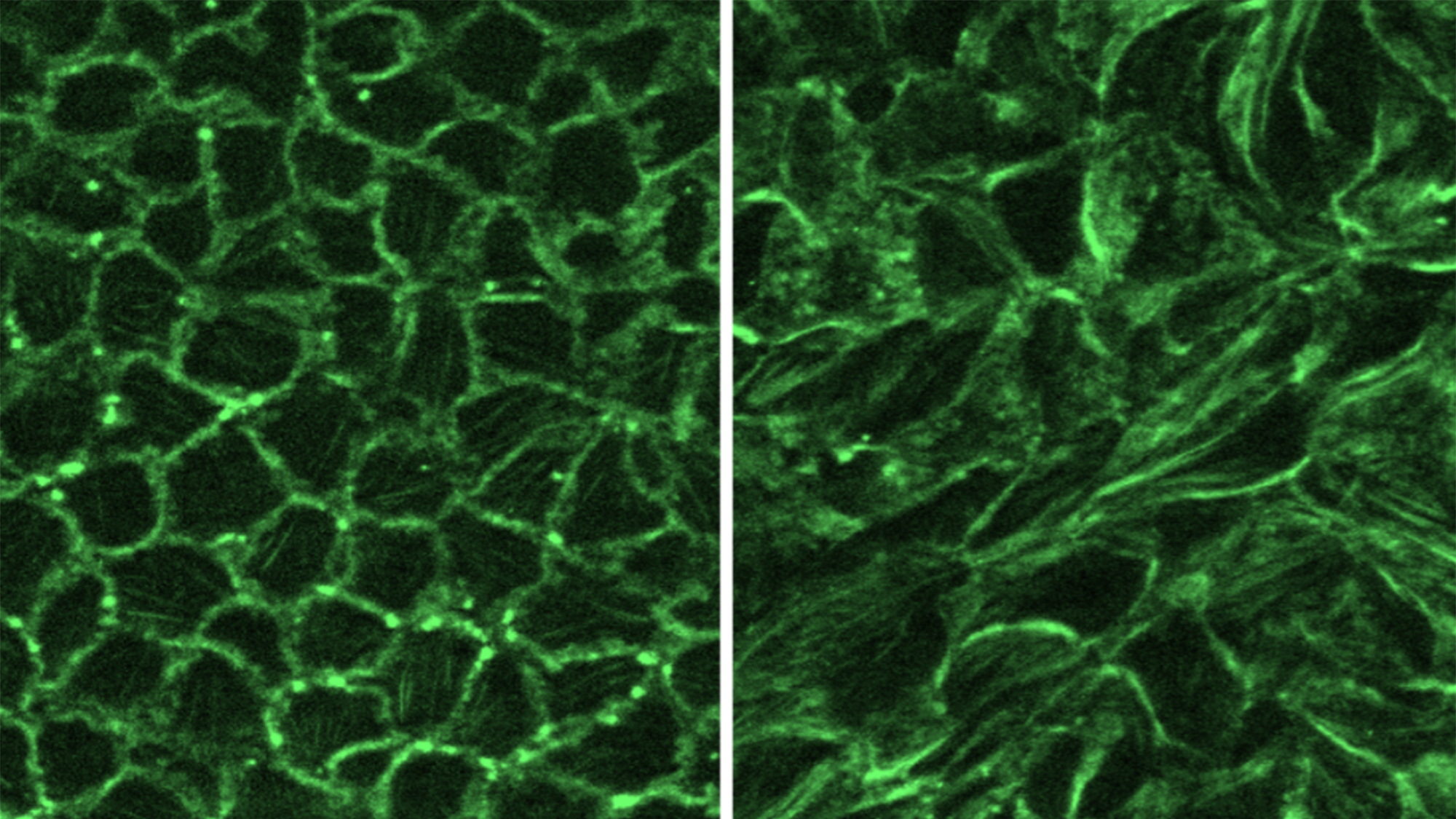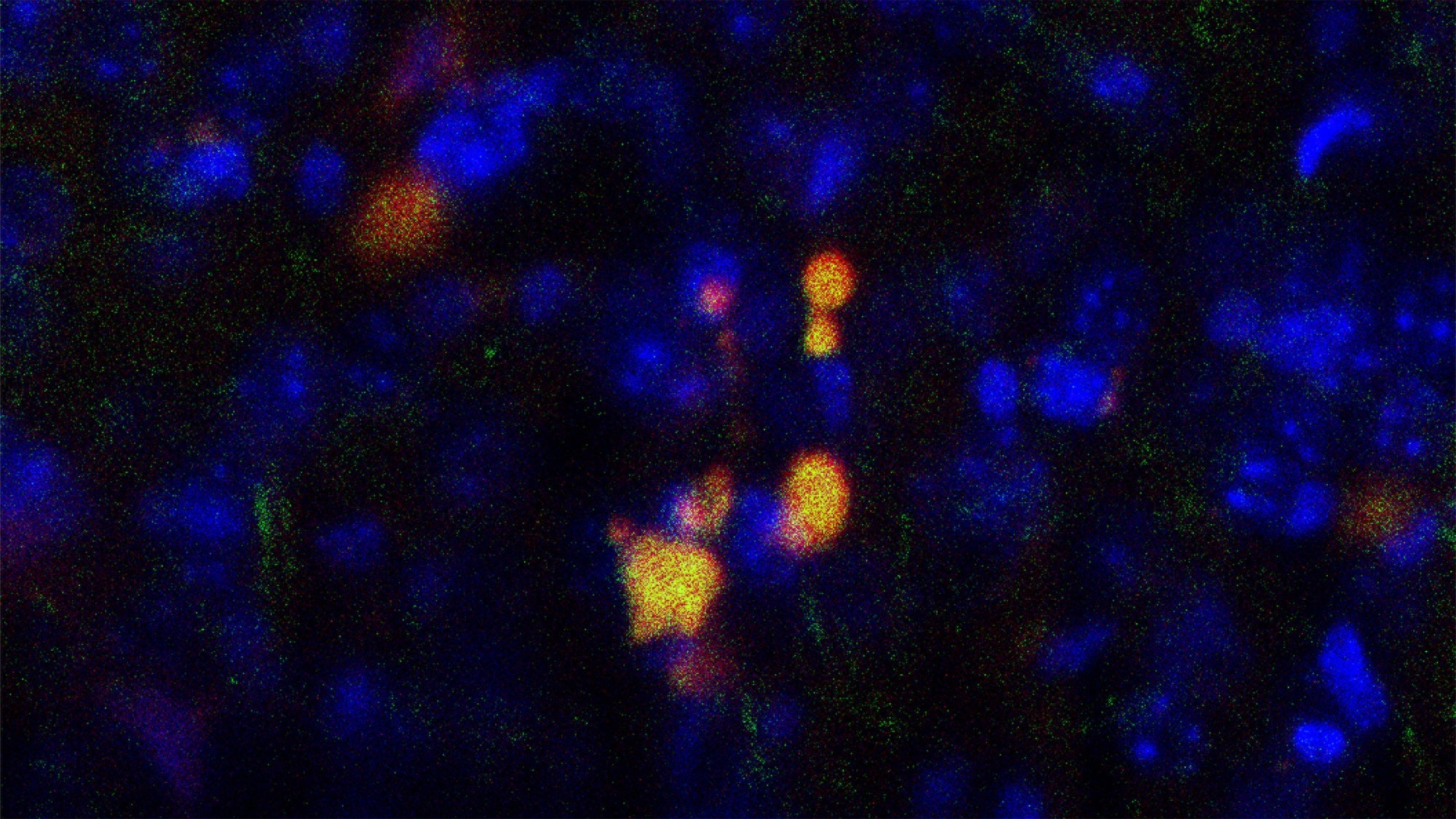Extreme heat may raise risk of hospitalization for adults with Alzheimer’s

Extreme heat may lead to more hospitalizations among those living with Alzheimer’s disease and related dementias (ADRD), according to a new study from researchers at Harvard T.H. Chan School of Public Health.
The study was published Feb. 3 in JAMA Internal Medicine. Scott Delaney, research scientist in the Department of Environmental Health, was corresponding author.
The researchers used more than 3.3 million Medicare claims and daily temperature data between 2000 and 2018 to examine the relationship between extreme heat and hospitalization among adults living with ADRD. Their findings suggested that one day of extreme heat exposure raised ADRD hospitalization risk not just on the day of exposure but for three additional days—even if the heat subsides—and calculated that each day of extreme heat could contribute to at least 5,360 additional hospitalizations among adults with ADRD across the U.S.
“Compared with cognitively intact adults, [those living with ADRD] may be slower to recognize symptoms of extreme heat exposure, or, if they recognize the symptoms, they may be less able to address them,” the researchers wrote. “Because ADRD affects thermoregulatory processes, adults living with ADRD are more prone than others to heat-related illnesses, thus magnifying the potential impact of extreme heat.”
The researchers also found hospitalization disparities during extreme heat events: Adults living with ADRD who identified as Black, Hispanic, or Asian had greater odds of being hospitalized than those who identified as white.
“These inequities, which are also evident for other health outcomes, relate to complex factors, including structural racism, that result in environmental health inequities,” the researchers wrote. “Both historical and present-day policies have systematically deprived minoritized communities of high-quality, thermally comfortable housing and may have reduced access to air conditioning. Many communities of color may also have less access to health care and fewer financial assets, which could be used to prevent effects of extreme heat.”
According to the researchers, the findings highlight the importance of clinicians counseling patients living with ADRD on the risks of extreme heat and of policymakers devising programs to mitigate these risks and inequities, especially as society ages and the climate changes.
Read the study: Extreme Heat and Hospitalization Among Older Persons With Alzheimer Disease and Related Dementias
Read a Healio article about the study: Extreme heat may trigger thousands of hospitalizations in adults with Alzheimer’s


